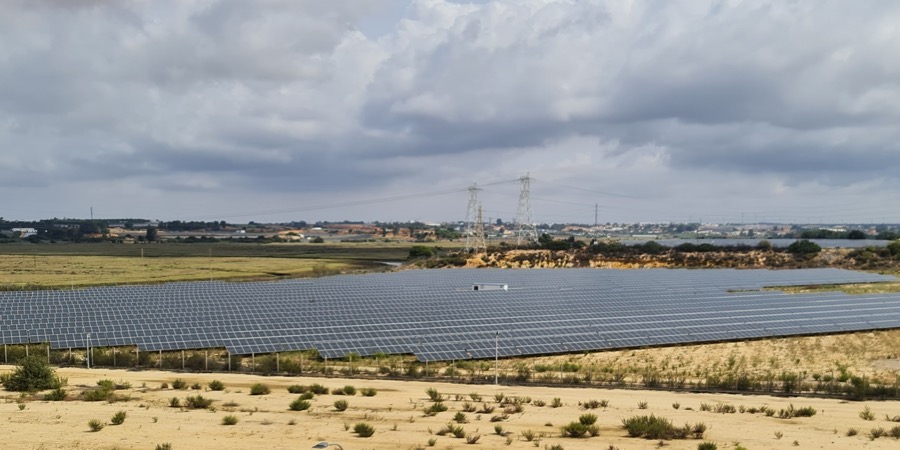Exolum has commissioned a new photovoltaic solar plant for its own energy consumption at the Huelva terminal. The new plant has an installed capacity of 3.88 MW generated by 9,000 solar panels spread out over a plot measuring 59,000 m2.
The company has invested 2.3 million euros in the construction of this infrastructure, which ensures the supply of 100 percent renewable energy equal to 32 percent of the total electricity consumption at this storage terminal. Electricity consumption is the main source of the company’s emissions and the energy supplied by this new renewable solar power plant will prevent the release of approximately 1,332 tonnes of CO2 into the atmosphere every year.
By commissioning this new photovoltaic plant, Exolum has enhanced its network of solar power plants for self-consumption. The company has three other photovoltaic plants in operation at its terminals in Mora (Toledo), Algeciras and Barcelona, and is building two more at the terminals in Poblete (Ciudad Real) and Arahal (Sevilla). Plans for construction of another photovoltaic plant, in Hallen (UK), are also underway.
In addition, the company continues to implement alternatives to further reduce its emissions, such as incorporating new technological developments, signing renewable PPAs and diversifying its energy supply sources ensuring they are emission-free.
These actions are part of Exolum’s sustainability strategy aimed at reducing CO2 emissions by 68 percent by 2030 and becoming a zero-emissions company by 2040, in line with the Paris Agreement of December 2015 (COP 21) and sustainable development goals (SDG).
Exolum’s sustainability strategy also includes other specific plans and projects to strengthen its commitment to biodiversity protection, an efficient use of natural resources and the fight against climate change.
Along these lines, with a view to enhancing its commitment to renewable energies and the energy transition, reducing emissions and promoting clean and sustainable operations, the company is implementing initiatives for the development of eco-fuels and other energy vectors, such as hydrogen.
For more information visit www.exolum.com












